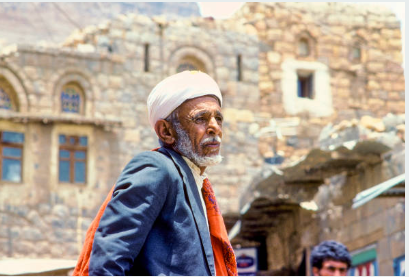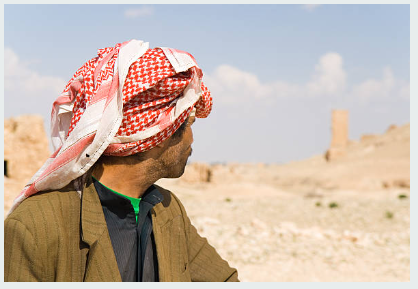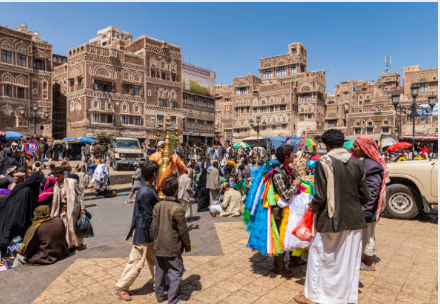You knows; Who are Yemeni Houthis


he Houthis, officially known as Ansar Allah, are a Shiite Muslim rebel group that originated in northern Yemen. The history of the Houthis is complex and intertwined with Yemen’s political, social, and religious dynamics. Here is a brief overview:-

Zaidism in Yemen
The Houthi movement is rooted in the Zaidi sect of Shia Islam, which has a significant presence in Yemen. Zaidism is a branch of Shia Islam that differs from the Twelver Shia dominant in Iran. Zaidis had ruled parts of Yemen for centuries until the establishment of the Yemen Arab Republic in 1962.
Houthi Rebellion (2004-2010)
The Houthi insurgency began in the early 2000s in response to political, economic, and religious grievances. The Houthis felt marginalized by the Yemeni government and accused it of corruption and discrimination.
The conflict escalated, with the Yemeni government accusing the Houthis of seeking to re-establish the Zaidi Imamate, which had been overthrown in 1962. The Yemeni government, backed by Saudi Arabia, launched military campaigns against the Houthis.
Houthi-Saleh Alliance
During the early years of the insurgency, the Houthis formed an alliance with Ali Abdullah Saleh, Yemen’s former president who ruled for over three decades. This alliance was based on shared opposition to the Yemeni government and Saudi influence in the country.
Arab Spring and Political Transition (2011-2014)
The Arab Spring protests in 2011 led to the ousting of President Ali Abdullah Saleh. His successor, Abd-Rabbu Mansour Hadi, faced challenges in stabilizing the country. The Houthis took advantage of the power vacuum to expand their influence.
Houthi Takeover (2014-2015)
In 2014, the Houthis seized control of the Yemeni capital, Sana’a, and effectively took over the government. This led to the displacement of President Hadi, who fled to Aden and later sought support from a Saudi-led coalition.
Saudi-led Intervention (2015-present)
In 2015, a coalition led by Saudi Arabia intervened militarily in Yemen to restore the internationally recognized government of President Hadi and counter Houthi influence. The conflict has resulted in a devastating humanitarian crisis, with widespread displacement, famine, and disease.
Iranian Influence
The Saudi-led coalition accuses the Houthis of being proxies for Iran, which supports them with weapons and training. The Houthis deny being controlled by Iran, although they share some ideological and sectarian affinities.
Ongoing Conflict
Conflict in Yemen remains ongoing, with no clear resolution in sight. The situation is complex, involving multiple actors and exacerbating regional tensions. The Houthis continue to control significant parts of Yemen, including the capital, Sana’a.








